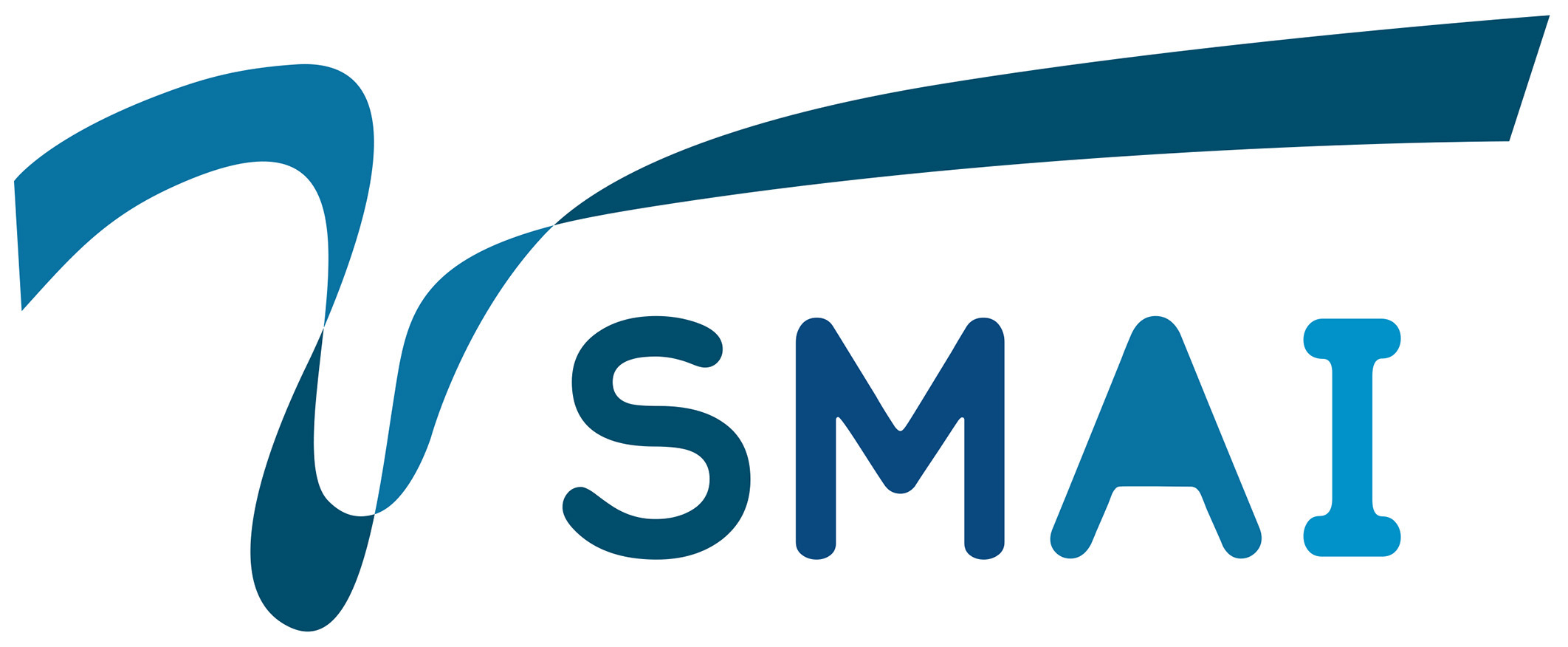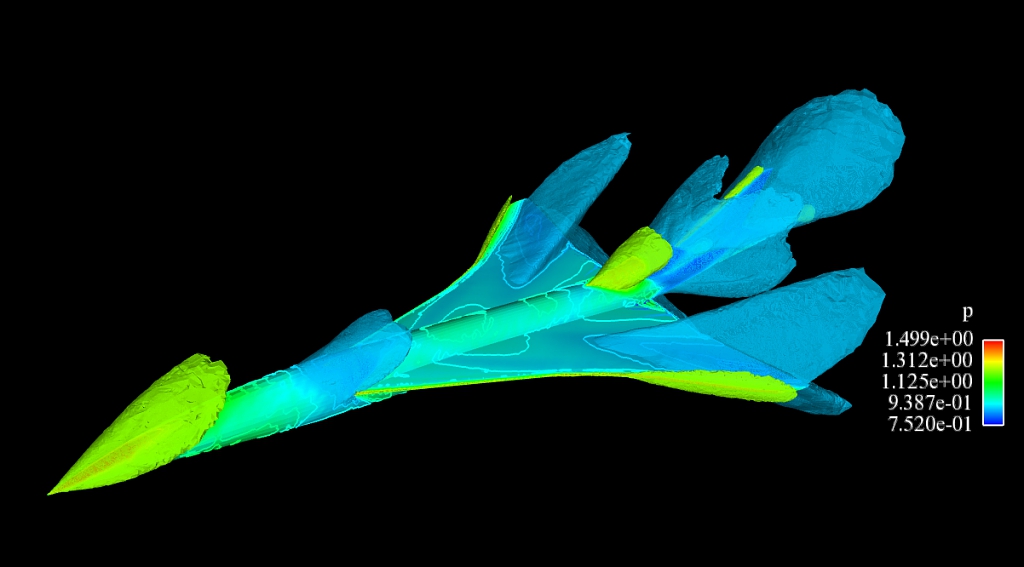Editorial Policy
-
Aims and Scope
-
Section Policy
-
Peer review Process
-
Authorial Integrity
-
Editorial Board Appointment
-
Papers authored by Editorial Board Members
-
Best Practices
Aims and Scope
In particular, SMAI-JCM welcomes articles addressing:
- Computational linear and nonlinear algebra
- Numerical solution of ordinary and partial differential equations
- Discrete and continuous optimization and control
- Computational geometry and topology
- Image and signal processing
- Processing of large data sets
- Numerical aspects of probability and statistics; assessment of uncertainties in computational simulations
- Computational issues arising in the simulation of physical or biological phenomenon, engineering, the social sciences or other applications
- Computational issues arising from new computer technologies
This website hosts the electronic edition of the journal.
Section Policy
 Open Submissions Open Submissions |
 Indexed Indexed |
 Peer Reviewed Peer Reviewed |
Peer Review process
The refereeing process follows the traditional conventions, based on peer and anonymous reviewing. The process follows the following steps
-
The Author submits a manuscript. Manuscript are submitted on-line through the submission page. Neither hard-copy submissions nor direct submissions to members of the Editorial Board are accepted.
-
If the paper is considered appropriate for the journal, the Editor-in-Chief assigns an Editor-in-Charge for the manuscript.
-
The Editor-in-Charge selects Referees.
-
The Referees review the manuscript and send reports. We should do our best to keep reasonable delays for this evaluation step.
-
The Editor-in-Charge makes a recommendation to the Editorial Board.
-
The Editorial Board finalizes a decision and the author is contacted.
It is vital to the reputation of the journal that conflicts of interest be avoided. Therefore, it is our policy that editors not review papers authored by their close friends, colleagues, co-workers, students, or recent former students. The same policy applies to referees: editors should not send papers to referees who work at an author's institution or who are known to have close ties to the author. To help avoid conflicts of interest, editors who are assigned manuscripts that present a conflict of interest decline the assignment and the paper will be reassigned to another editor.
As far as possible in all communications with authors, we wish to avoid wording that could make the status of the paper seem unclear. In particular, when an author is asked to revise a paper, there is no guarantee that the revised paper will be accepted for publication. Usually, in fact, such revised papers must again be refereed.
The Editor in chief may reroute a paper from an editor to another, either when an editor cannot handle a paper due to heavy workload or any other consideration, and requests the rerouting, or when an editor has not handle a paper in a timely and responsible fashion.
Authorial Integrity
SMAI, the supports of the journal and the editors are highly concerned by authorial integrity. Plagiarism and duplicate publication are definitely considered as misconduct.
Any paper that would correspond to such a case of misconduct will be removed form the journal, and the case will be reported on the website through a formal notice that states the facts about the source of the work and provides the appropriate citations to that work.
Editorial board Appointment
Editors-in-Chief are appointed by the Management Board of SMAI with the guidance of the Scientific Board.
Papers authored by Editorial Board Members
Papers authored by Editorial Board members are subject to the same anonymous peer review process as other papers. Submissions to the journal authored by an Editor-in-Chief will be treated either by the Vice-President of SMAI in charge of publications, or by another Editor-in-Chief with a blind process that remain anonymous.
Best practices
SMAI-JCM adheres to COPE’s guidelines on publication ethics and publication malpractice.

